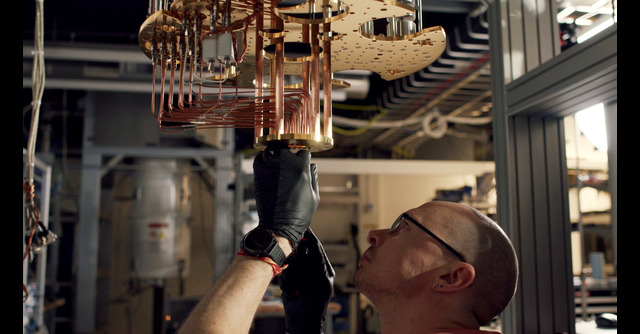
Microsoft brings Copilot in Azure Quantum for scientific discovery


Microsoft has introduced Copilot in its cloud quantum computing service Azure Quantum. It will help scientists research complex chemistry and materials science problems using natural language. To date, Microsoft has integrated Copilot through the breadth of its offerings including Windows, Microsoft 365, Microsoft Edge, and Microsoft BI.
With Copilot in Azure Quantum, scientists can access cloud supercomputing, advanced AI, and quantum technologies, all integrated with their existing tools. It can generate calculations and simulations, query and visualise data, and give answers to complicated concepts. It will accelerate research in the areas of creating sustainable products, drug discovery, and solving other pressing challenges, the company said in a blog. This Copilot offers a fully integrated, browser-based experience with a built-in code editor, quantum simulator, and code compiler.
Microsoft also introduced Azure Quantum Elements a new computing service that bundles high-performance computing (HPC), AI, and quantum computing. It accelerates the research and development pipeline, bringing products quickly to the market. In some cases, it can speed up chemistry simulations by 500,000 times – equivalent to compressing a year into one minute, Microsoft claimed.

Along with new Copilot and Azure Quantum Elements, Microsoft gave an update on its roadmap to the quantum supercomputer. Microsoft has built a capability to create and control supercomputing particles called Majorana quasiparticles. Describing it as the ‘ first milestone towards a quantum supercomputer’, the companies said that it will help in engineering a new hardware-protected qubit.
“Innovators can start experimenting with the world’s best quantum hardware in Azure Quantum and get ready to solve more complex problems when quantum supercomputing becomes a reality. We are fast approaching the time when scientists and businesses will be able to solve previously intractable problems to unlock growth and human progress,” said Jason Zander, executive vice president, Strategic Missions and Technologies, Microsoft, in a blog.
